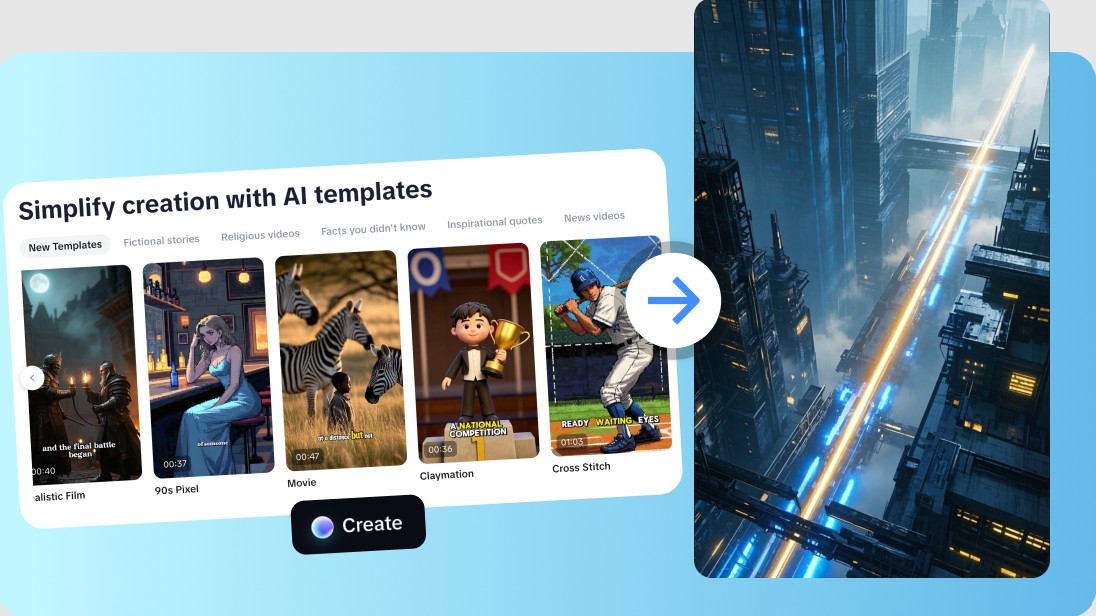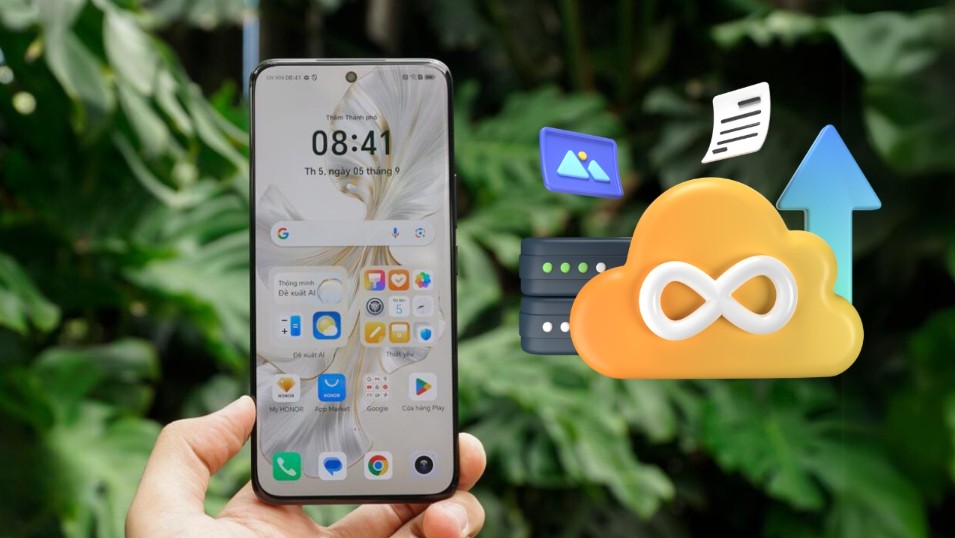Best Selling Products
Gemini turns Chrome into a “super browser” – Competitors will have a hard time catching up
Nội dung
Integrating Gemini into Chrome. This combination promises to transform Chrome from a passive web browsing tool into a true intelligent assistant, always there and ready to help users get their work done faster, safer and more conveniently.
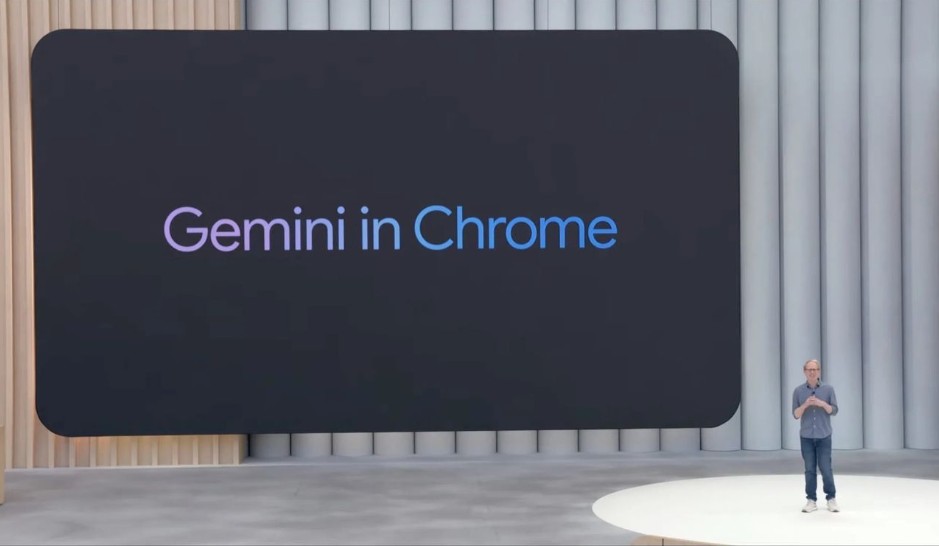
Over the past decade, Google Chrome has become a household name for billions of Internet users around the world. When it comes to Chrome, people often think of a fast, stable, and easy-to-use browser, the default tool for work, study, and entertainment. However, in the context of the explosion of artificial intelligence (AI), just being fast and stable is not enough. Users increasingly expect more from a web browser: they want it to understand context, provide proactive support, help save time, and better protect personal information.
That's why Google decided to move to a new chapter: integrating Gemini into Chrome. This combination promises to turn Chrome from a passive web browsing tool into a real smart assistant, always accompanying and ready to help users complete tasks faster, safer and more conveniently.
1. Chrome Redefined with Gemini
For years, Chrome has been considered one of the most powerful web browsers in the world thanks to its fast speed, good synchronization ability and rich extension store. However, those features have gradually become the “common standard” that most competitors such as Safari, Edge or Firefox have achieved. This raises the question: how can Chrome continue to maintain its dominant position, not only based on usage habits but also based on new, irreplaceable value?
The answer is Gemini: Google’s most advanced AI yet. Instead of just a web browser, Chrome is now reimagined as an intelligent platform that can proactively understand context and support users based on their actual needs. This is a strategic shift, turning the browser into a “companion” in the digital space, not a passive “door” to access the Internet.
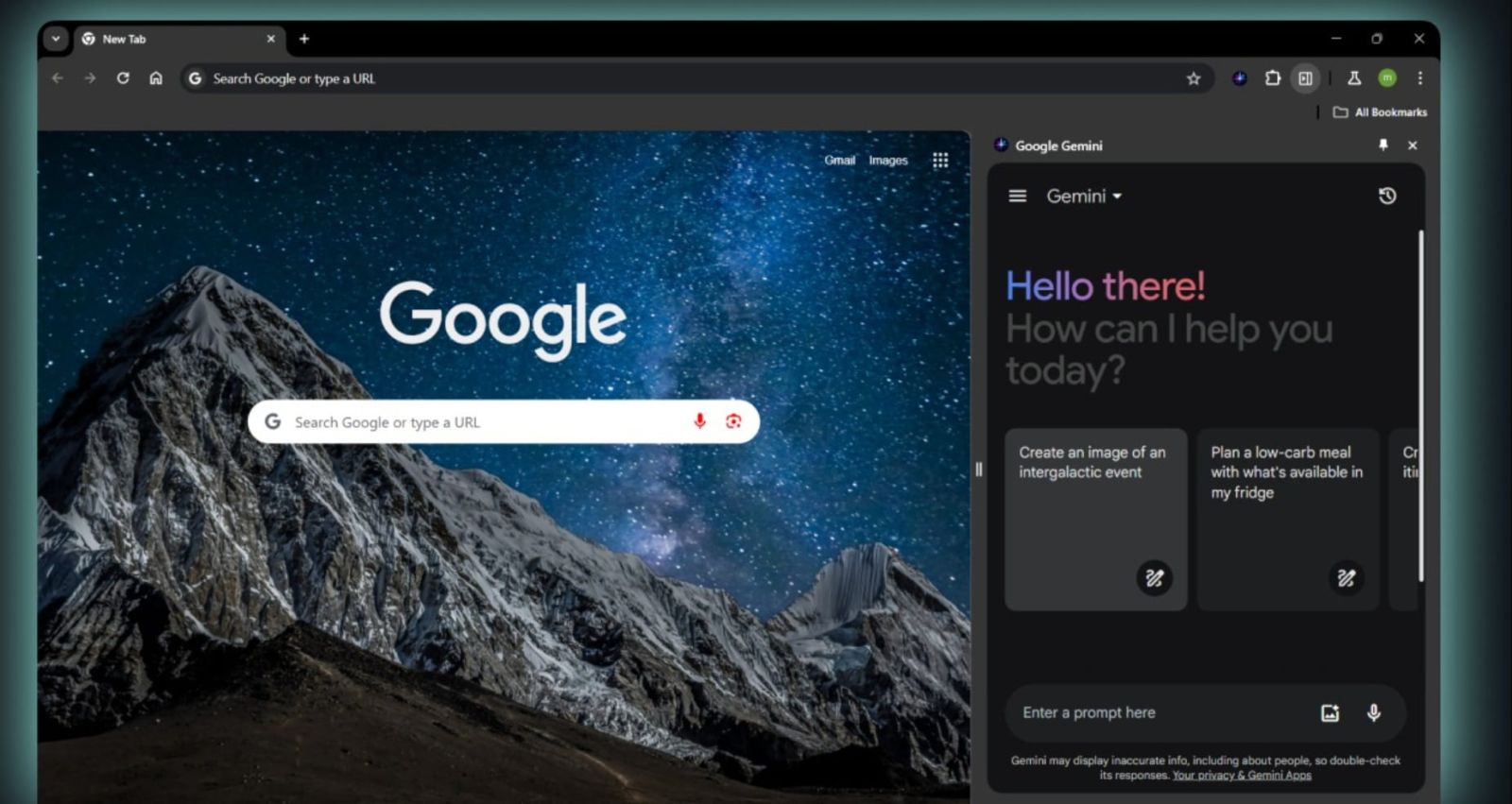
Imagine you’re a student writing a thesis. Normally, you’d have dozens of tabs open at once: one to find a document, one to look up a definition, one to check citations, and several more to cross-reference data. In that jumble of information, it’s inevitable that you’ll miss or confuse your sources. But with Gemini, Chrome automatically recognizes that you’re doing research. It can pull together important content from your open tabs, categorize them by topic, and create a reference list in an academic-standard format. Users don’t have to spend hours manually, while still ensuring their paper is well-founded and accurate.
The app doesn’t stop at learning. For those who travel frequently for work, Gemini’s contextual recognition will be a lifesaver. For example, when you’re searching for airline tickets, Chrome will not only show you ticketing sites, but will also proactively compare prices from different airlines, show you baggage allowances, cancellation policies, and even warn you if the website is a scam. This is the difference between a simple browser and a full-fledged smart assistant.
What’s interesting is that this technology can be extended to many different situations. When you look at a recipe, Gemini can suggest a list of ingredients to buy, with links to online supermarkets. When you research health, Chrome can summarize complex medical articles into easier-to-understand language and remind you to consult a doctor to avoid information abuse. In this way, Chrome is no longer a static tool, but an intelligent digital environment where every need is analyzed and met immediately.
2. Deployment features and scope of use
According to Google's announcement, the new AI features from Gemini will be deployed first on Windows and Mac, before expanding to the mobile platforms iOS and Android. This reflects Google's familiar approach: testing on computers first to ensure stability, then replicating to mobile devices.
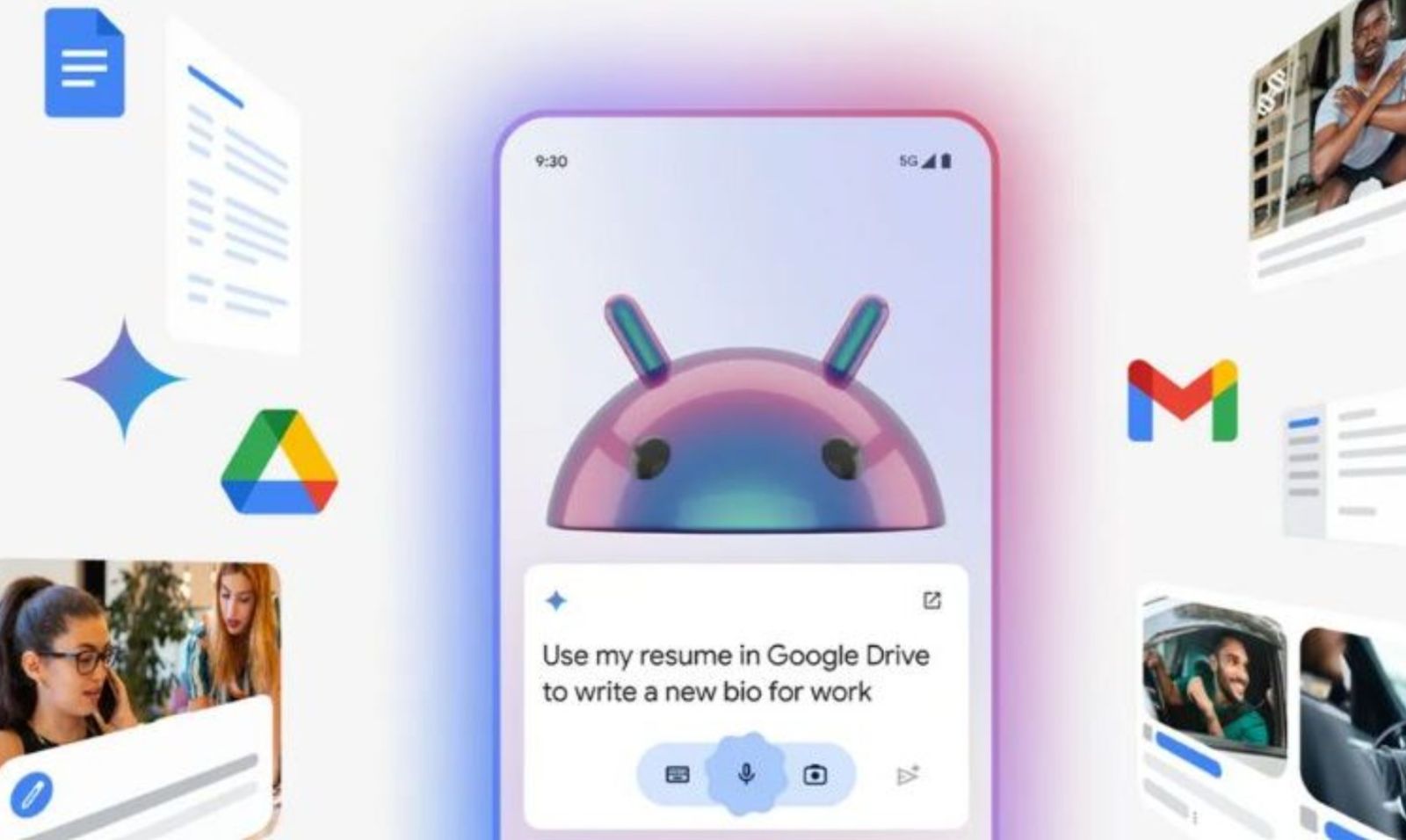
It's worth noting that Gemini's integration isn't limited to Chrome. Google has been gradually expanding AI into core services like Docs, Gmail, Calendar, Maps, Music, and Wallet. This integration gives users a seamless ecosystem where every data and task is powered by AI.
For example, in Google Docs, you can have Gemini summarize a dozen-page academic paper in seconds, while you have the document open in Chrome. In Google Calendar, when you receive an email about an important meeting, Gemini can extract the information and automatically add it to your calendar with a reminder. All of these features combine to create a seamless experience where Chrome acts as the hub that connects everything.
3. Omnibox is powerfully upgraded by AI
The Chrome address bar (omnibox) has long been one of the big differentiators compared to other browsers. It's not just for entering URLs, it's also a quick search tool, suggesting keywords and displaying results directly. Now, with the help of Gemini, the omnibox is smarter than ever.
Users can ask complex questions right in the address bar, and Gemini will analyze the context to make appropriate suggestions. For example, if you type “buy a good mattress for back pain,” the omnibox will not only return a list of mattress sites, but also suggest comparison articles, warranty information, and reviews from real customers. If you are visiting an e-commerce site, Gemini can automatically detect relevant content and add the necessary information.
This is especially useful when shopping online, researching products, or learning. Users no longer have to manually filter through hundreds of search results, but can quickly access the most useful data source. This feature is now available in the US and is expected to expand to many other countries in the near future, promising to create a significant change in the way we use Chrome every day.
4. AI helps protect personal information better
In the digital age, security and privacy are top concerns. Google has leveraged AI to improve user protection, especially on Chrome for Android. According to data released by Google, Chrome users on this platform have reduced nearly 3 billion scam and spam notifications every day, thanks to AI's intelligent filtering mechanisms.
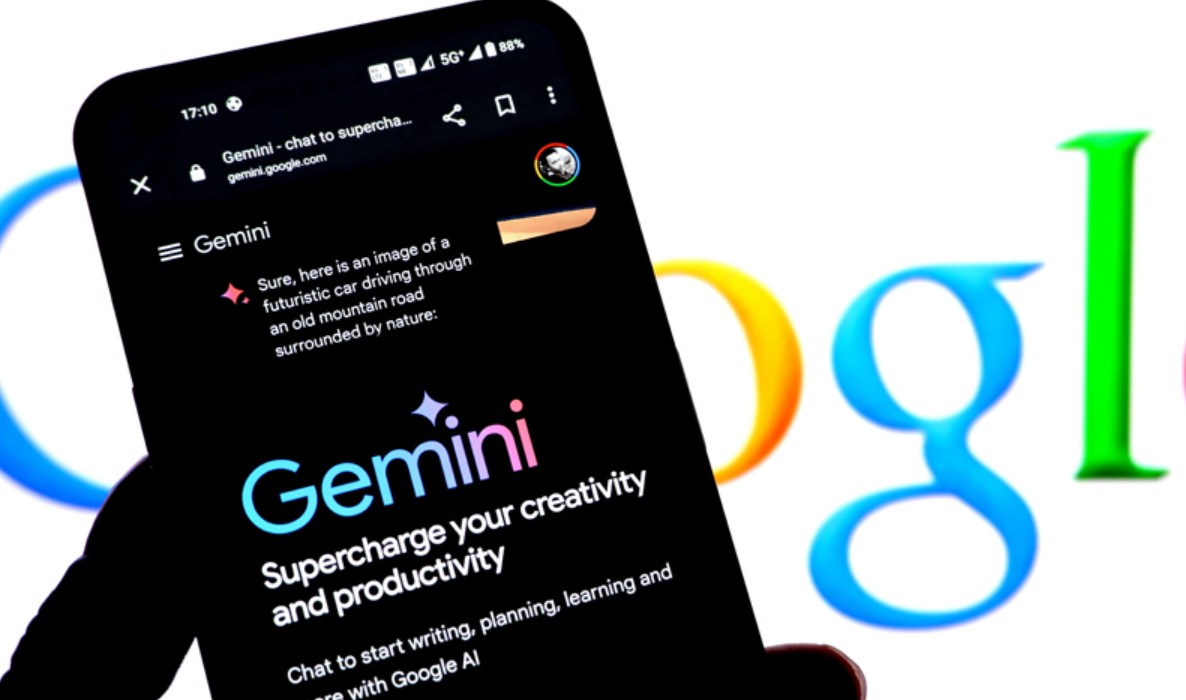
Chrome with Gemini goes beyond warnings to proactively prevent risks. If a website intentionally subscribes your email to a spam list, the system can automatically unsubscribe. If it detects signs of malware, Chrome will give you a clear warning to avoid visiting. This is a big step forward in protecting users, especially in the context of increasingly sophisticated cyberattacks.
The advantage of using AI in security is its ability to continuously learn and adapt. Instead of relying on a fixed blacklist, Gemini can recognize unusual behavior patterns and predict threats before they can cause harm. This provides greater peace of mind for users, especially those with less experience in cybersecurity.
5. Impact on user experience
While not everyone is a fan of AI technology, the improvements Google has made to Chrome clearly demonstrate the enormous potential of artificial intelligence in improving the quality of life. With the ability to automate many complex tasks, Chrome not only saves users time but also reduces the effort required to process information.
An office worker can easily compile reports, check their calendar, and compose emails to clients right in their browser, without having to jump between multiple apps. A housewife shopping online can get product recommendations, compare prices, and check store reputations instantly. Even a high school student can ask Gemini to explain a difficult concept or summarize a long book chapter with just a few taps.
Of course, there are concerns about how AI can be too intrusive in our personal lives. Some fear that if browsers know too much about our browsing habits, it could mean that personal data is being collected and used for commercial purposes. This is a challenge that Google needs to address more transparently, ensuring a balance between utility and privacy.
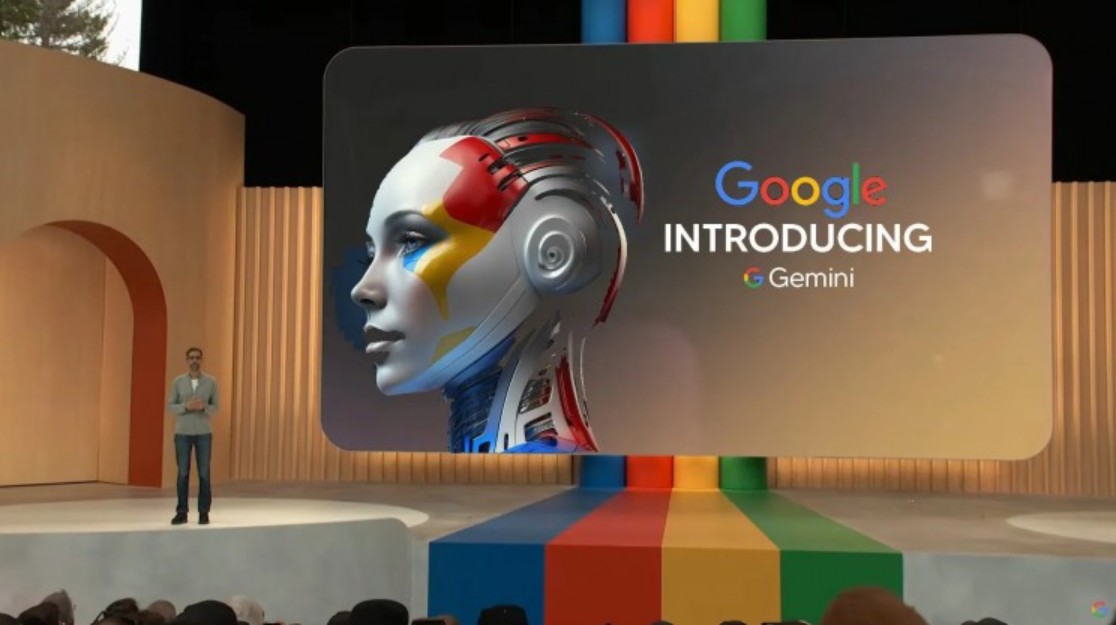
The web browser is the most important gateway to the Internet and as such, it has always been a fiercely competitive field. Safari has the advantage thanks to the Apple ecosystem, Edge is catching up thanks to the integration of ChatGPT from OpenAI, and Firefox remains loyal to its privacy-focused strategy.
But with Gemini, Chrome has taken the game to the next level. When a browser is fast, smart, secure, and backed by the vast Google ecosystem, it becomes nearly impossible to beat it. Competitors may catch up with a few features, but they can’t replicate the seamlessness that Google is building.
6. Conclusion
The combination of Chrome and Gemini is a clear demonstration that AI is not just a trend, but is becoming the standard in technology products. Chrome is no longer just a web browser, but an intelligent assistant capable of understanding, supporting and protecting users in all situations.
From helping students do research and office workers work more efficiently, to protecting ordinary users from spam and online scams, Chrome with Gemini is gradually asserting its position as an irreplaceable one. In the future, when these features are widely deployed globally, we will likely witness a new standard for intelligent web browsing, where AI is not only present but also becomes the “backbone” of the digital experience.











































